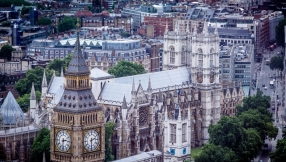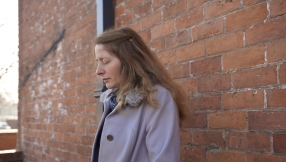Zimbabwe Archbishop Ncube Resigns Over Scandal
The resignation was submitted and accepted by Roman Catholic Church head, Pope Benedict XVI.
The development follows the July controversy involving Archbishop Ncube, when Zimbabwe's state-run media published what it said were photos of the Archbishop of Bulawayo in bed with a woman.
The Archbishop has been one of the most outspoken opponents of President Mugabe and has accused his government of human rights abuses, persecution and suppressing political dissent.
In a one-sentence statement on the resignation, the Holy See said Ncube's resignation had been accepted under an article of Church law which covers clergy who can no longer perform their duties, either for health reasons or, as in cases in the past, when they have brought their office into disrepute.
Zimbabwean state-owned newspapers the Herald and Chronicle ran photos in July of the Archbishop under the headlines "Pius Ncube Shamed" and "Pius in Sex Scandal".
Ncube's supporters said the report was part of a government smear campaign against the Archbishop for his anti-Mugabe activities.
The woman's husband has sued Archbishop Ncube for 20bn Zimbabwean dollars (£80,000) over the affair.
Last month, Zimbabwe's Roman Catholic bishops offered their support to the Archbishop, saying that he had done a lot in "exposing the evils" of President Mugabe's regime.
"For years, he has courageously and with moral authority advocated social justice and political action to overcome the grievous crisis facing our country," they said in a full-page advert in the country's Herald newspaper.
However, Archbishop Ncube refused to comment on the matter at the time. When asked if the photos were authentic, his lawyer, Nick Matonzi, said: "What I can say is that we are contesting the allegations definitely."
In March, Archbishop Ncube said he was ready to face bullets in anti-government protests to help bring democratic change in the southern African nation, which is mired in a deep economic and political crisis.













